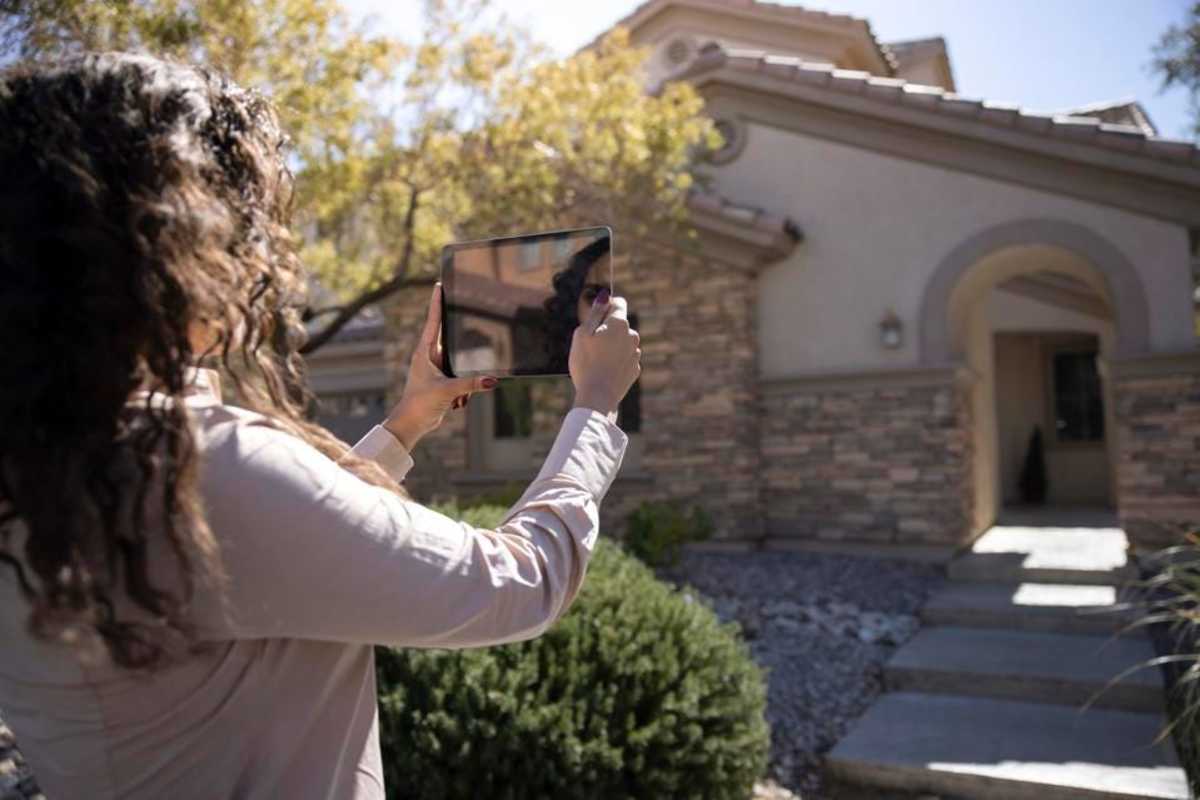As a financier, attorney, and co-founder of Dominion Partners, a technology-driven real estate company that invests in undervalued real estate, I’ve seen firsthand the gradual adoption of digital technology into this sector, which has always been quite conservative and slow to embrace innovation. Nevertheless, technology solutions have undeniably made their way to this area, and today, I’d like to share with you some of the most interesting trends on how technology is changing the real estate market.
Using Big Data
Data can be used at numerous stages of a real estate transaction, from investing in a property under construction to operating an office. For example, in transactions, we can apply it to check how trustworthy a contractor is. Detailed algorithms of information processing can take into account both familiar parameters (building price and transaction amount) and specific ones (quality of air in the area and the available infrastructure).
Virtual Tours Online
Virtual tours became very popular during the pandemic and have not lost their appeal after Covid began to settle down. Modern technology allows us to view real estate in 3D using video content from drones. This is highly convenient for everyone involved in the process. A potential client can view the property or object of interest without leaving home and from angles that may not have been available before.
Blockchain for Transactions
Technology can provide speed and transparency for transactions in the real estate market. The main advantage of using blockchain is the elimination of intermediaries and, therefore, reduced risk of fraud. A tenant and a landlord can sign an agreement based on a smart contract, which includes all of the same clauses as a typical paper contract. This means the cost of housing, the frequency of payments, and information about both parties participating in the contract.
VR and AR Technology
Augmented and virtual reality-based solutions allow potential customers to see the home or property before they buy; all the while, designers can create the perfect design and understand more thoroughly how furniture and accessories will look in the interior of a property. VR and AR technologies bring a unique user experience. Through an app, users can walk through a future building that’s not yet constructed and feel as if they are already in the home, long before it arrives. This is how construction companies increase brand awareness and improve communication with customers. The movement toward technological innovation in the real estate sector is just beginning, and I am confident that many more amazing solutions will continue to make our lives and jobs better. This article is accurate and true to the best of the author’s knowledge. Content is for informational or entertainment purposes only and does not substitute for personal counsel or professional advice in business, financial, legal, or technical matters. © 2022 Yuri Vanetik

